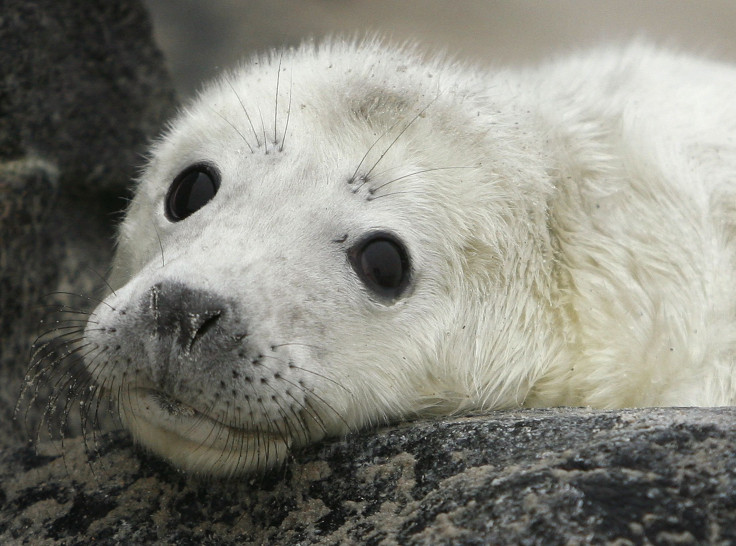Researchers Release Oil Into North Sea To Study Immediate Result Of An Oil Spill

In a bid to better understand the early aftermath of an accidental oil spill, a team of American and European researchers has conducted a new study in the North Sea, which is expected to provide valuable insights into how to respond in the immediate wake of such disasters.
When petroleum is spilt onto a water surface, some of the oil instantly begins to evaporate into the air while some of it dissolves into the seawater. While the dissolved toxic hydrocarbons can be harmful to marine species, the evaporated elements can be a cause of concern for rescue workers and people downwind of an accident site, the researchers said, adding that the new study is focused on understanding how the hydrocarbons behave during the initial 24 hours after an oil spill.
"In its new environment, the oil immediately begins to change its composition, and much of that change happens on the first day," Samuel Arey, a researcher at Ecole Polytechnique Fédérale de Lausanne and Eawag in Switzerland, said in a statement.
As part of the study, the researchers collaborated with emergency-response specialists to recreate a four cubic meter oil spill in the North Sea, in a shipping site -- already loaded with pollutants -- nearly 124 miles off the coast of the Netherlands. The researchers said that the findings of the study could be useful to evaluate the risks to underwater life, as well as to emergency response teams on the surface.
According to researchers, the environmental impact of an oil spill also depends on factors such as wind, waves and the temperature of the surrounding air and water. The oil slick dissipates faster during summer with high waves, while in cooler climate, with slower wind and smaller waves, the slick can persist for longer periods of time. The North Sea experiment, for instance, was carried out on a summer day with two-meter high waves, the researchers said.
The study, published in the journal “Environmental Science & Technology,” is expected to help researchers better assess the immediate impact of future disasters on the environment, as well as to plan the emergency response.
According to a recent study by researchers at Florida State University, a certain kind of bacteria is consuming some of the chemicals, such as benzene, toluene, ethylbenzene and xylene, released into the ocean after the BP plc (NYSE:BP) Deepwater Horizon offshore oil rig spilled 201 million gallons of oil into the Gulf of Mexico in 2010. A different study on the 2010 BP oil spill conducted by Penn State University observed the effect of the spill on seafloor coral reefs several miles from the wellhead and thousands of feet below the sea surface.
© Copyright IBTimes 2024. All rights reserved.





















